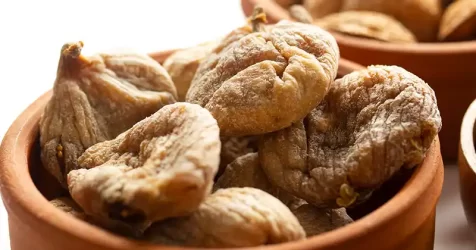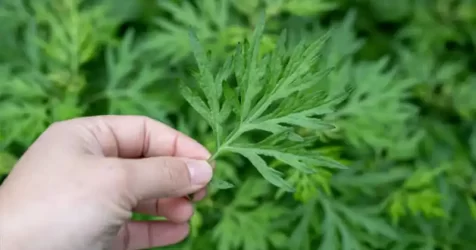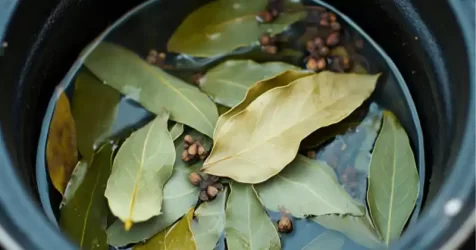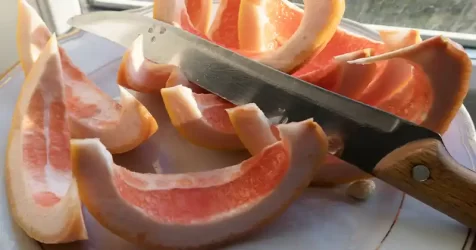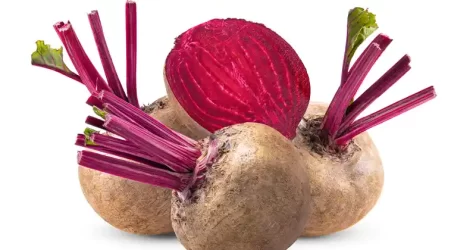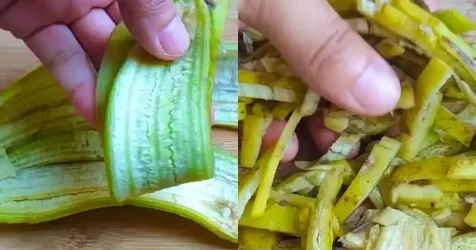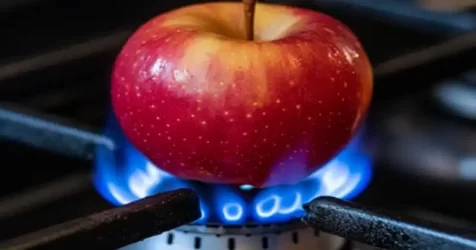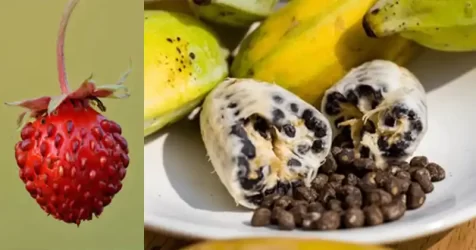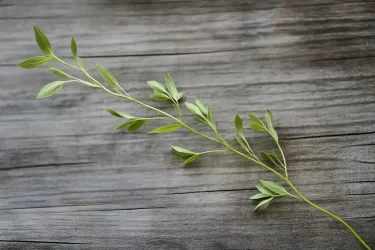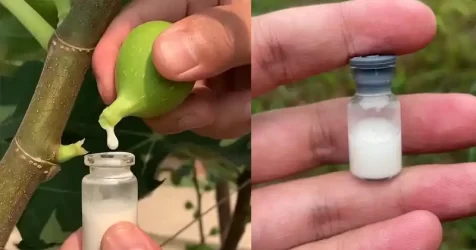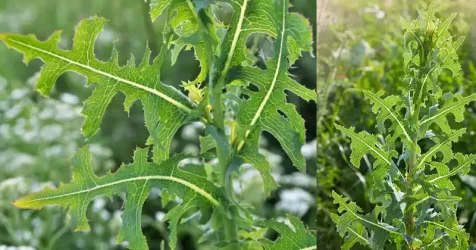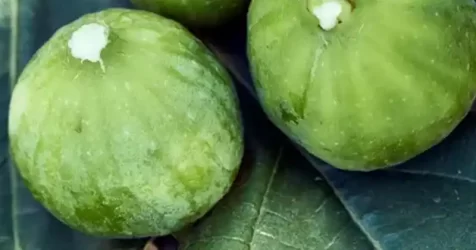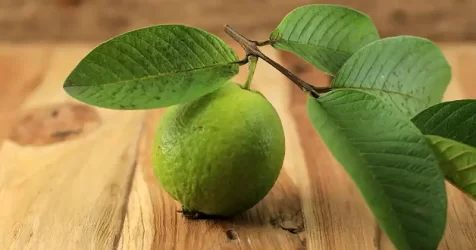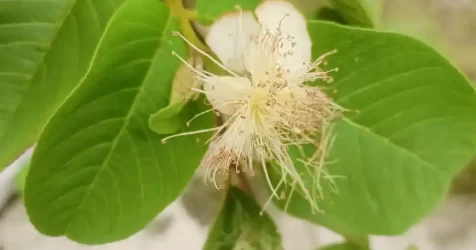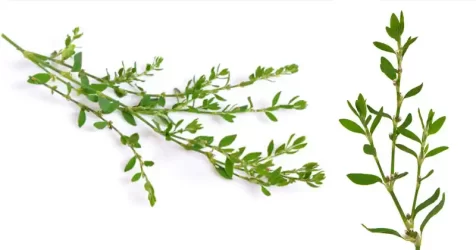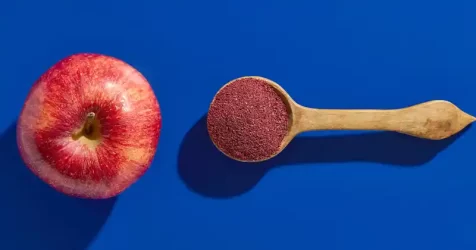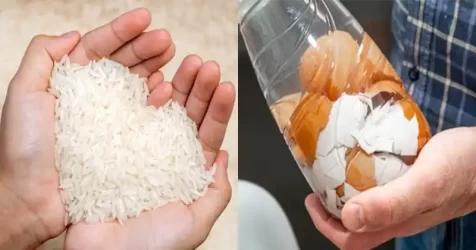Homemade Herb and Vegetable Powders: Fresh, Natural, and Long-Lasting
Herbs and vegetables play a vital role in adding flavor and nutrients to our meals. However, preserving their freshness for extended periods can be challenging. Making herb and vegetable powders at home is a simple, chemical-free way to store their essence while retaining their nutritional value and aroma. Below is a detailed guide to creating homemade powders from mint, coriander, ginger, garlic, tomato, and onion. These powders are versatile and can last for months when stored properly.
Why Make Your Own Powders?
- Freshness and Flavor: Homemade powders retain the natural flavor and aroma compared to store-bought versions.
- Chemical-Free: These powders are made without preservatives, ensuring a healthier option.
- Cost-Effective: Making powders at home saves money in the long run, especially during seasonal abundance.
Essential Powders You Can Make at Home
1. Mint Powder
- Preparation:
Wash a bundle of mint leaves thoroughly to remove dirt. Remove the stems and keep only the leaves. Dry them using a clean cloth and ensure no moisture remains.
Spread the leaves on a plate and place them in a well-ventilated area under indirect sunlight. Avoid direct sunlight to preserve their green color. - Grinding:
Once the leaves are crisp and dry, grind them into a fine powder using a blender or mortar and pestle. Store the powder in an airtight jar. - Usage:
Mint powder is ideal for teas, chutneys, raita, and marinades.
2. Coriander Powder
- Preparation:
Wash fresh coriander leaves and separate the tender stems. Chop them finely for faster drying.
Place the chopped coriander on a cotton cloth and leave them to dry in a shaded area to maintain their natural green color. - Grinding:
When completely dry, grind the leaves into a powder. For extra aroma, you can add a pinch of roasted cumin before grinding. - Usage:
Add coriander powder to curries, soups, or sauces for a burst of freshness.
3. Ginger Powder
- Preparation:
Peel fresh ginger roots and slice or grate them into small pieces.
Spread the ginger pieces on a tray and dry them in indirect sunlight until they become completely dehydrated. - Grinding:
Blend the dried ginger into a fine powder. Sift the powder to remove any fibrous particles. - Usage:
Use ginger powder in teas, baked goods, or savory dishes for a warm, spicy flavor.
4. Garlic Powder
- Preparation:
Peel fresh garlic cloves and remove the outer skin. Clean them thoroughly to ensure no dirt remains.
Slice the cloves thinly and dry them on a flat surface under indirect sunlight or in a dehydrator. - Grinding:
Once fully dried, grind the garlic into a powder. Store in an airtight container to retain its potent aroma. - Usage:
Garlic powder is a perfect seasoning for pizzas, soups, roasted vegetables, and stir-fries.
5. Tomato Powder
- Preparation:
Wash ripe tomatoes and cut them into small pieces. Remove the seeds if desired.
Spread the pieces on a tray and dry them under the sun or in an oven at low heat. Ensure all the moisture is gone to prevent spoilage. - Grinding:
Grind the dried tomato pieces into a fine powder. - Usage:
Tomato powder is a great substitute for fresh tomatoes in gravies, soups, and sauces.
6. Onion Powder
- Preparation:
Peel and slice onions thinly. Spread the slices on a cloth or parchment paper.
Allow them to dry completely in sunlight or a dehydrator until they become crisp. - Grinding:
Blend the dried onions into a fine powder. Store the powder in an airtight jar. - Usage:
Onion powder adds depth to soups, stews, marinades, and salad dressings.
Tips for Perfect Homemade Powders
- Ensure Complete Dryness: Any moisture left in the ingredients can lead to mold or spoilage.
- Use Indirect Sunlight: Protect herbs from harsh sunlight to retain their color and nutrients.
- Store in Airtight Containers: This prevents moisture and preserves the flavor.
- Label and Date: Always label jars with the name and preparation date for easy identification.
Making your own herb and vegetable powders at home is a rewarding way to ensure your pantry is stocked with fresh, flavorful, and chemical-free ingredients. These powders not only save time during cooking but also bring a natural and aromatic touch to your dishes. Give these recipes a try, and you’ll find yourself reaching for these homemade staples in your everyday cooking.
Disclaimer: Always ensure herbs and vegetables are cleaned and dried thoroughly before use to avoid contamination. Store powders in a cool, dry place for the best results.Inspired by this? Share the article with your friends!
